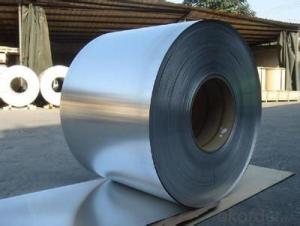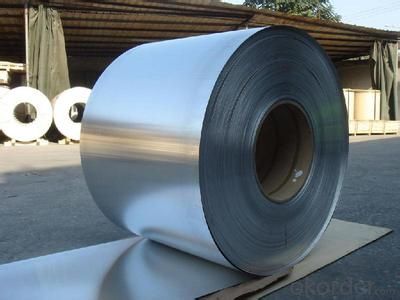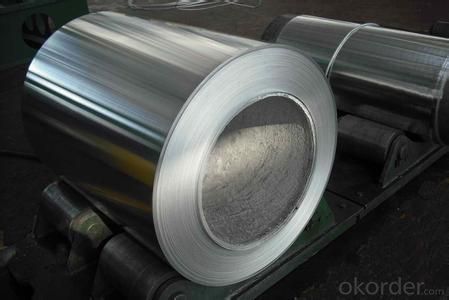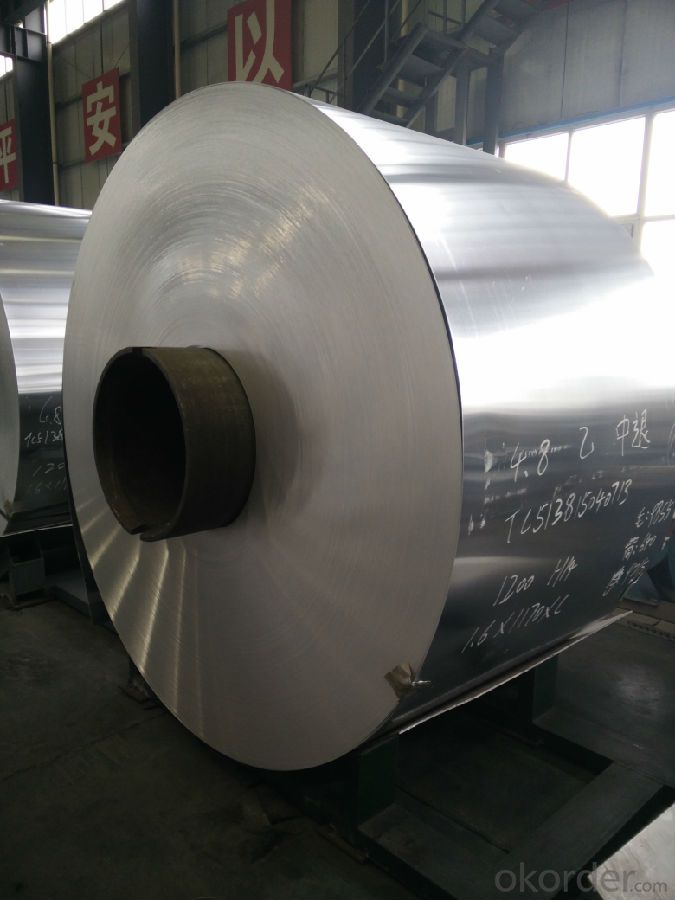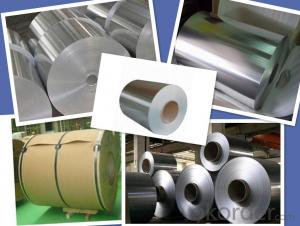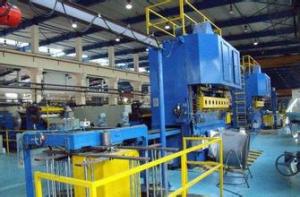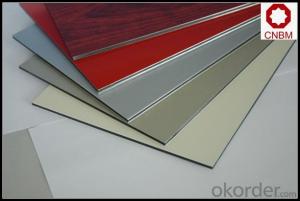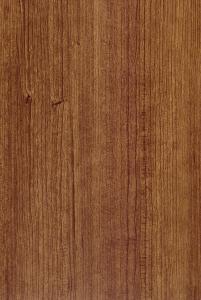Alsco Aluminum Coil - Low Price for Sale in China
- Loading Port:
- Shanghai
- Payment Terms:
- TT OR LC
- Min Order Qty:
- 5 m.t.
- Supply Capability:
- 100000 m.t./month
OKorder Service Pledge
OKorder Financial Service
You Might Also Like
1.Structure of Low Price for Sale, Aluminum Coil In China:
Low Price for Sale, Aluminum Coil In Chinais designed for many field such as electronics, instruments, lighting decoration, packing industry, and house decoration, curtain wall, honeycomb-core panel, sandwich panel, aluminum composite panel, aluminum composite pipe etc.. Low Price for Sale, Aluminum Coil In Chinais hard and everlasting under the blazing sun. You can choose the alloys as your habitation and we will do our best to meet your requests.
2.Main Features of theLow Price for Sale, Aluminum Coil In China:
• Smooth surface
• High manufacturing accuracy
• High strength of extension and yield
• Well packaged
3. Low Price for Sale, Aluminum Coil In China
Alloy: 1050, 1060, 1070, 1100, 3003, 3004, 3005, 3105, 5052, 5083, 5754, 8011, 8006
Temper: H14, H16, H18, H22, H24, H26, H32, O/F
Thickness: 0.2mm-100mm
Width: 30mm-1700mm
4. Production of Low Price for Sale, Aluminum Coil In China
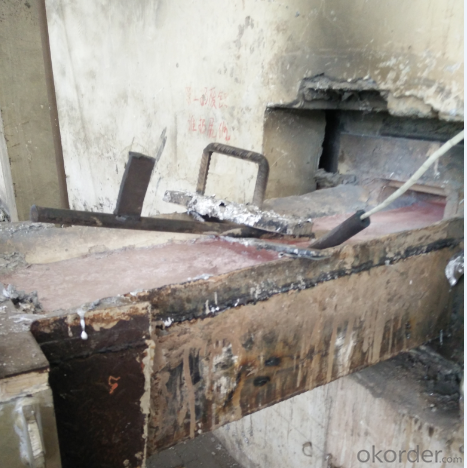
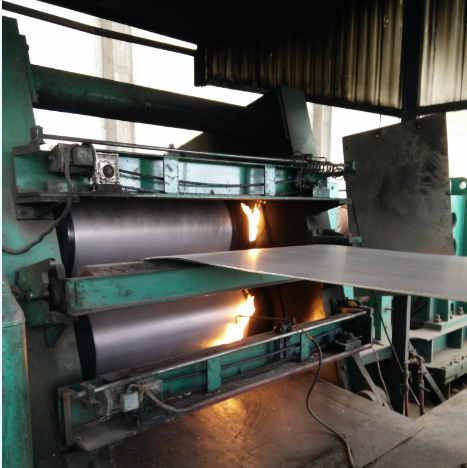
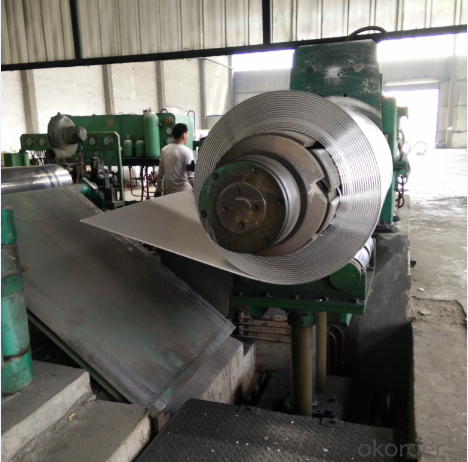
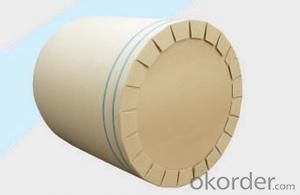
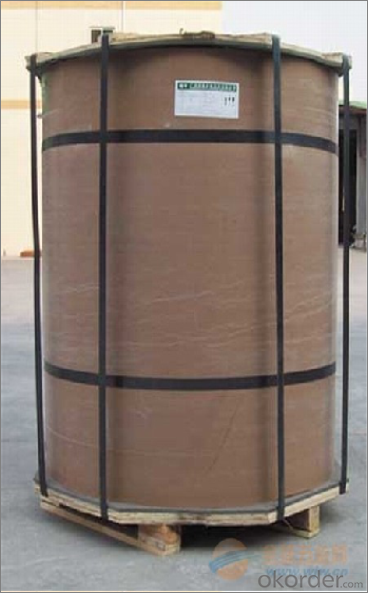
5.FAQ
We have organized several common questions for our clients,may help you sincerely:
① How about your company?
A world class manufacturer & supplier of aluminum coil and alloy blanks. Aluminum production base is comprised of 18 aluminum annealers, 10 coil and foil mills, 4 continuous production lines, 2 hot rolling production line and 3 prepainted lines.
Export 5000 tons per month to Asia, America and Middle East. Always do the best for our clients.
②Can you guarantee the quality of the products?
We are responsible for the quality of materials to get a long-term cooperation with clients in a reasonable period of time and we are glad to arrange and coordinate any third party inspection for you.
③What is the delivery time after purchase?
35 day after receiving client’s deposit or correct LC
- Q: Can aluminum coils be utilized to create jewelry boxes and other decorative objects?
- <p>Yes, aluminum coils can be used to make jewelry boxes and other decorative items. Aluminum is lightweight, durable, and has a shiny finish that can add a touch of elegance to decorative pieces. It can be easily shaped and manipulated using various tools and techniques, such as bending, cutting, and engraving. Additionally, aluminum's resistance to corrosion makes it a practical choice for long-lasting decorative items. However, it's important to consider that working with aluminum may require specific skills and tools, and the final appearance can be influenced by the quality of the aluminum and the craftsmanship involved.</p>
- Q: Can aluminum coils be used for outdoor applications?
- Yes, aluminum coils can be used for outdoor applications. Aluminum is a highly versatile and durable material that can withstand various weather conditions and temperatures. It is resistant to corrosion, making it suitable for outdoor environments where moisture and humidity are present. Additionally, aluminum coils are lightweight, which makes them easier to transport and install in outdoor settings. They are commonly used in outdoor applications such as roofing, siding, gutters, and HVAC systems. Overall, aluminum coils are a reliable choice for outdoor applications due to their strength, corrosion resistance, and longevity.
- Q: What are the different surface treatments for aluminum coils?
- Some of the different surface treatments for aluminum coils include anodizing, painting, and powder coating. Anodizing involves creating a protective oxide layer on the surface of the aluminum, providing enhanced durability and corrosion resistance. Painting involves applying a liquid paint coating to the surface, which can provide various aesthetic options and additional protection. Powder coating is a dry finishing process where a powdered coating is electrostatically applied to the aluminum surface and then cured under heat, resulting in a durable and attractive finish.
- Q: What is the typical thermal conductivity of aluminum coils?
- The typical thermal conductivity of aluminum coils is approximately 205-220 W/mK. Aluminum is known for its excellent thermal conductivity, making it a popular choice for heat transfer applications such as in HVAC systems, refrigeration, and heat exchangers. The high thermal conductivity of aluminum allows for efficient heat dissipation and transfer, ensuring optimal performance and energy efficiency in these systems.
- Q: the ingredient on the back says aluminum?also ..what is sodium benzoate?Is all this stuff that terrible for you? Or does it mean something else?
- i have no idea why aluminum would be in pancake mix, but i know for sure that sodium benzonate is a preservative and it is bad for you
- Q: Can aluminum coils be used in electrical transmission systems?
- Yes, aluminum coils can be used in electrical transmission systems. Aluminum is a commonly used material in electrical transmission systems due to its favorable electrical conductivity, high strength-to-weight ratio, and cost-effectiveness compared to other materials such as copper. Aluminum coils are used in transformers, motors, generators, and other electrical devices. Additionally, aluminum coils are lightweight, which makes them easier to handle and install in transmission systems. However, it is important to consider that aluminum has a lower electrical conductivity than copper, so larger cross-sectional areas may be required to achieve the same electrical performance. Proper design and engineering practices should be followed to ensure that aluminum coils are appropriately sized and connected in electrical transmission systems to maintain efficiency, reliability, and safety.
- Q: What is the typical yield strength-to-density ratio for aluminum coils?
- The yield strength-to-density ratio of aluminum coils can vary depending on the specific grade of aluminum being used. However, compared to many other metals, aluminum generally possesses a relatively high strength-to-density ratio. This characteristic allows it to exhibit good mechanical properties while maintaining a lightweight nature. For instance, the commonly utilized grade of aluminum for coils, known as 3003 aluminum, usually demonstrates a yield strength-to-density ratio of approximately 0.53 MPa•m^3/kg. In simpler terms, this means that for every unit of density (mass per unit volume), the material can endure roughly 0.53 megapascals (MPa) of stress before undergoing permanent deformation. There are also other high-strength aluminum alloys, including 5052 or 6061, which can possess even greater yield strength-to-density ratios, reaching up to 0.6 MPa•m^3/kg or higher. These alloys are frequently employed in applications that demand enhanced strength and durability, like those found in the aerospace or automotive industries. All in all, the yield strength-to-density ratio of aluminum coils is typically quite advantageous, rendering aluminum a popular choice for a wide array of applications that necessitate both strength and lightweight properties.
- Q: What are the different protective film options for aluminum coils?
- Some different protective film options for aluminum coils include polyethylene films, polyvinyl chloride (PVC) films, and polypropylene films. These films are designed to provide temporary protection during transportation, handling, and storage, preventing scratches, abrasions, and other damages. The choice of protective film depends on factors such as the specific application, environmental conditions, and desired level of protection.
- Q: This question asks for criteria or methods to determine if a used aluminum coil is safe for reuse.
- <p>To determine if a used aluminum coil is safe to use, consider the following: Check for any visible signs of damage such as cracks, dents, or corrosion. Ensure the coil has been properly cleaned and sanitized to remove any residues or contaminants. Verify that the coil has not exceeded its recommended lifespan or usage limits. Consult the manufacturer's guidelines for any specific safety checks or maintenance requirements. If in doubt, it's best to consult with a professional or replace the coil to avoid potential safety hazards.</p>
- Q: Explain the differences between aluminum coils and iron coils, including their properties and applications.
- <p>Aluminum coils and iron coils differ in material composition, weight, strength, and applications. Aluminum coils are made of aluminum, a lightweight, corrosion-resistant metal, while iron coils are made from iron, which is heavier and more prone to rust. Aluminum coils have a lower density, making them ideal for applications where weight is a concern, such as in construction or automotive industries. They also have excellent electrical and thermal conductivity. Iron coils, on the other hand, are stronger and more durable, making them suitable for heavy-duty applications like construction reinforcement and machinery parts. Iron is also magnetic, which is an advantage in certain applications. However, iron is more susceptible to corrosion and requires protective coatings or treatments to extend its lifespan.</p>
Send your message to us
Alsco Aluminum Coil - Low Price for Sale in China
- Loading Port:
- Shanghai
- Payment Terms:
- TT OR LC
- Min Order Qty:
- 5 m.t.
- Supply Capability:
- 100000 m.t./month
OKorder Service Pledge
OKorder Financial Service
Similar products
Hot products
Hot Searches
Related keywords
